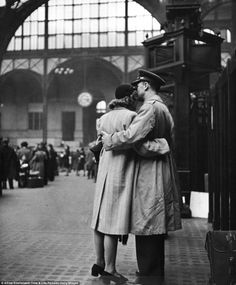
After (at least partially) reading all three of the net.art fiction pieces, I decided to focus on My Boyfriend Came Back from the War by Olia Lialina. I was struck by the stark and emotive quality of this piece, as well as the literal and figurative fragmenting of the narrative. While it doesn’t have have the randomized quality of combinatory poetics per se (reloading the page or clicking in different orders did not change which piece of text came after which), it does achieve a state of multilinearity and variability by virtue of the aforementioned fragmentation. As the narrative and screens continue to break down, the reader can choose to follow one thread until its end before moving onto the next, to click each panel in an order (say, clockwise), randomly, or a combination thereof. I read through it a few times in different orders and while the overarching story is the same, different reading orders do lend different tones to the narrative.
I think that this piece is particularly different from the hypertext fiction we looked at last class in that it is all contained on one page, and it is impossible to step backwards (except by completely refreshing the page and starting over). In Joyce’s the afternoon, the reader moves from one concrete page to the next, albeit in nonlinear and sometimes indirect ways, and can return to previous pages. In contrast, readers of Lialina’s My Boyfriend Came Back from the War must continue forward on one fluid page. I think this technique places the reader deeper into the mindset of Lialina’s story, as it is close to how we experience real life (unable to go back, and while sometimes fragmented, still part of a solid whole).